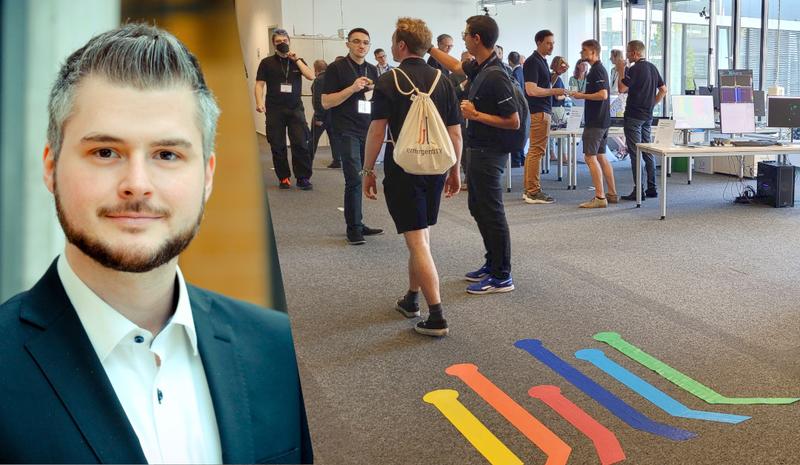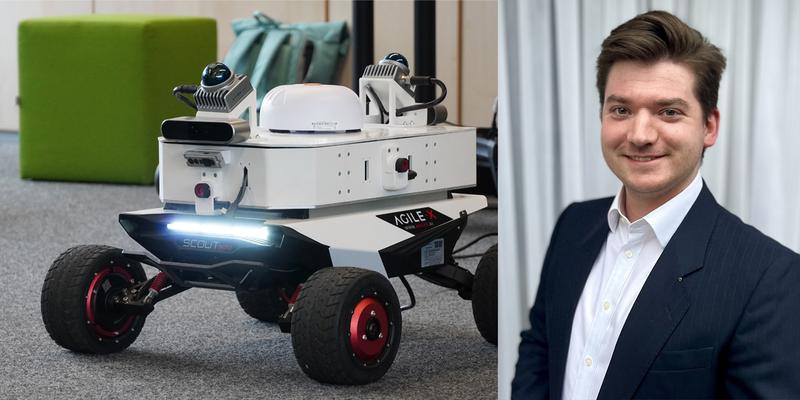TU Darmstadt is part of the 6G research consortium Open6GHub funded by the German Federal Ministry of Education and Research (BMBF). In Darmstadt the Open6GHub has resilience as its research focus, to which emergenCITY also contributes.
6G communication technology is expected to form the central nervous system of our connected lives as early as 2030, making it possible to transmit data more than 100 times faster than with 5G, while at the same time increasing energy efficiency and resilience. In this development, it is important not to be left behind, because it is precisely reliable and powerful communication networks that are an innovation accelerator of digital societies. For this reason, the BMBF recently selected four hubs for research into the future technology of 6G, which are to create the technological basis for the next generation of mobile communications today.
Funding for the four hubs is being provided as part of the “SOUVERÄN. DIGITAL. VERNETZT.” research program, with which the BMBF will invest up to 700 million euros over the next five years to promote innovative communications technologies. The aim of the funding program is to create a leading international position for Germany as a technology provider, to help shape technological change at an early stage, and to ensure technical sovereignty.
In addition to the Open6GHub, the other three research hubs 6G-life, 6GEM and 6G-RIC will also contribute to this development. A total of around 50 research partners from science and industry are involved in the hubs, bundling scientific excellence in the field of 6G research. The collaborations were already launched this August, so the foundation stone has now been laid for the 6G research initiative in Germany.
Resilience for the key technology 6G
The Open6GHub brings together a total of 17 universities and non-university research institutes and is coordinated by the German Research Center for Artificial Intelligence.
Together, the project partners will work on new 6G standards and processes, with the goal of realizing a holistic 6G system that meets high demands on the quality and security of communications while being resource-efficient and energy-efficient. Future fields of application in which the protection of personal data and high availability and resilience are particularly relevant include highly networked production, various mobility scenarios and personalized medicine.
For its research, the Open6GHub will receive funding of 68 million over the next four years. 4.4 million of the funding will go to the TU Darmstadt, which is working on the resistance of future 6G networks to internal and external interference – the network resilience. This is also where emergenCITY contributes with its expertise. The 6G research in this framework is coordinated by Prof. Anja Klein. Also involved from emergenCITY are Prof. Ralf Steinmetz, as well as Prof. Matthias Hollick. Two other areas of expertise from the departments of Computer Science and Electrical Engineering & Information Technology of TU Darmstadt also belong to the Open6GHub.



